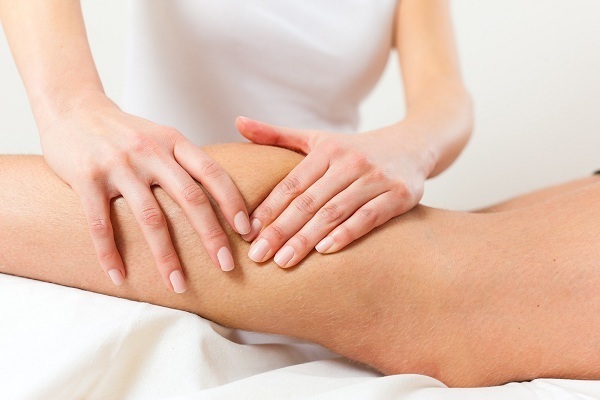
Persons suffering from incontinence, painful intercourse, chronic pelvic pain, and similar symptoms may be suffering from a form of pelvic floor disorder, a condition characterized by weak or tight pelvic floor muscles. To address this, a special type of physiotherapy, known as pelvic floor physiotherapy, or more commonly as Kegel exercises, has been developed.
Kegel exercises aim to strengthen the muscles that line your pelvic floor. These muscles, which are present in both men and women, support the bladder, rectum, and uterus, and are used to control the urge to defecate or urinate. The best Milton physiotherapy facilities, like Omni Health and Rehab Clinic, offer Kegel exercise therapies to patients as a non-surgical treatment option
Kegel exercises involve the squeezing and relaxing of the pelvic muscles. These are not for everyone, however, so before enrolling in one, consult with a qualified physiotherapist first. Also, it is important to do the exercises the right way, or they harm the muscles more than help them. This highlights the importance of working closely with a trained pelvic floor physiotherapist, especially at the onset.
There are two general problems with pelvic floor muscles: hypotonic and hypertonic. Hypotonic means that the muscle are too weak, causing involuntary urination and contributing to pelvic organ prolapse—or the drop of an organ, such as the bladder, to a lower position. Pelvic organ prolapse primarily affects women after childbirth or surgery.
Hypertonic problems result from pelvic floor muscles that are too tight. This can lead to urgent needs to urinate or defecate, frequent pelvic pains, and chronic prostate gland inflammation.
By strengthening the pelvic floor muscles, pelvic floor physiotherapy can help treat the painful symptoms of the mentioned problems, as well as involuntary urination. Additionally, it can also help men recover more quickly after having their prostates removed. Pregnant women can also benefit by using it as a prenatal vaginal-strength strike. Kegels exercises, however, are not for everyone, so before enrolling in such treatment, consult with a qualified physiotherapist first.
It is important to remember that pelvic floor muscles are part of the entire musculoskeletal system, and as such, some pelvic floor problems may actually be originating from problems in the system as whole. Given this, acupuncture in Burlington, Ontario and elsewhere can serve as a treatment option, particularly to those who may not be suited to Kegels. Acupuncture practitioners have identified various trigger points in muscles that may be causing vaginal or groin pains. Inserting acupuncture needles into these trigger points can help resolve the problem.
Consulting with experts on both Kegels exercises and acupuncture will give you an idea on which treatment could work best for you.
(Source: Vagina Pilates? What you need to know about pelvic floor physiotherapy, Global News, October 2, 2014).




